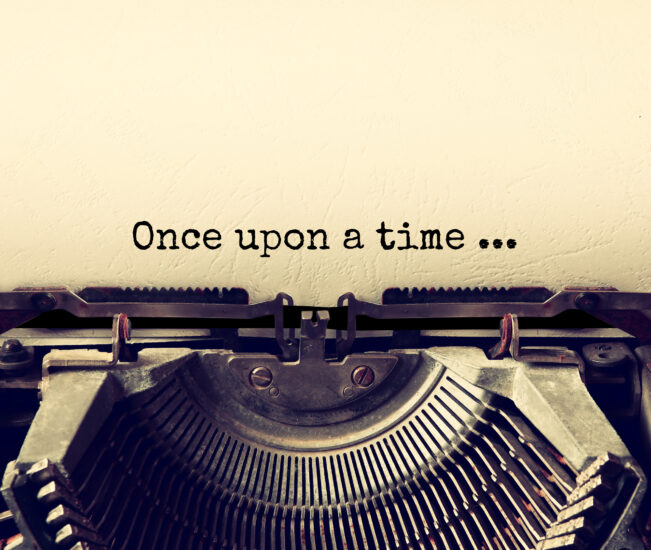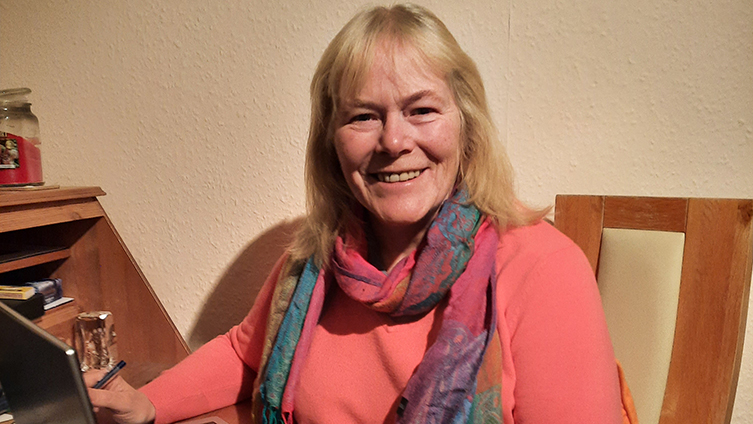
Alan’s created a bit of a Twitter stooshie with his latest blogpost about writing for “The People’s Friend” and payment . . .
What he said was:
“Naturally, there should be payment for commercial fiction.
But payment should be the reward, not the incentive.
If money is the ultimate aim of writing, then the writing may suffer, and often become one-dimensional as a result.
Write because you have something to say; let the imagination be your motivation. The rewards will follow.”
What he said and what he means
I know what he means, but I also understand why writers are taking issue with it.
Of course we recognise that for a large proportion of our writers, writing is their livelihood. It pays their bills.
Of course we recognise that writing has value. Note Alan’s first line there: of course they should be paid for their work.
The point he’s making, and I do agree with him, is that….Well, when you sit down at your keyboard to begin a new piece of writing, what’s your first impulse?
Many writers I’ve spoken to have said that it’s “I really need to say this. I really need to get this story out of my heart and on to the page”. Writing is that kind of need. Yes, it’s tempered with, “If I get this right this’ll go towards the electricity bill.” The two aren’t mutually exclusive.
Are you writing to what you know is a commercially successful bill-paying formula? Probably. But aren’t you also fulfilling a personal wish for someone to read your story – the very best story you can write – and experience an emotional response, whether it’s laughter, wiping away a tear, nodding in empathy with the characters you’ve created?
You can’t take the reader out of the equation. It’s why we’re all in this business. It pays our mortgages, too. But if we don’t please the reader…If the reader doesn’t find “The People’s Friend” the most satisfying, rewarding reading experience they can find each and every week, they’ll move on. It’s always about the reader.




